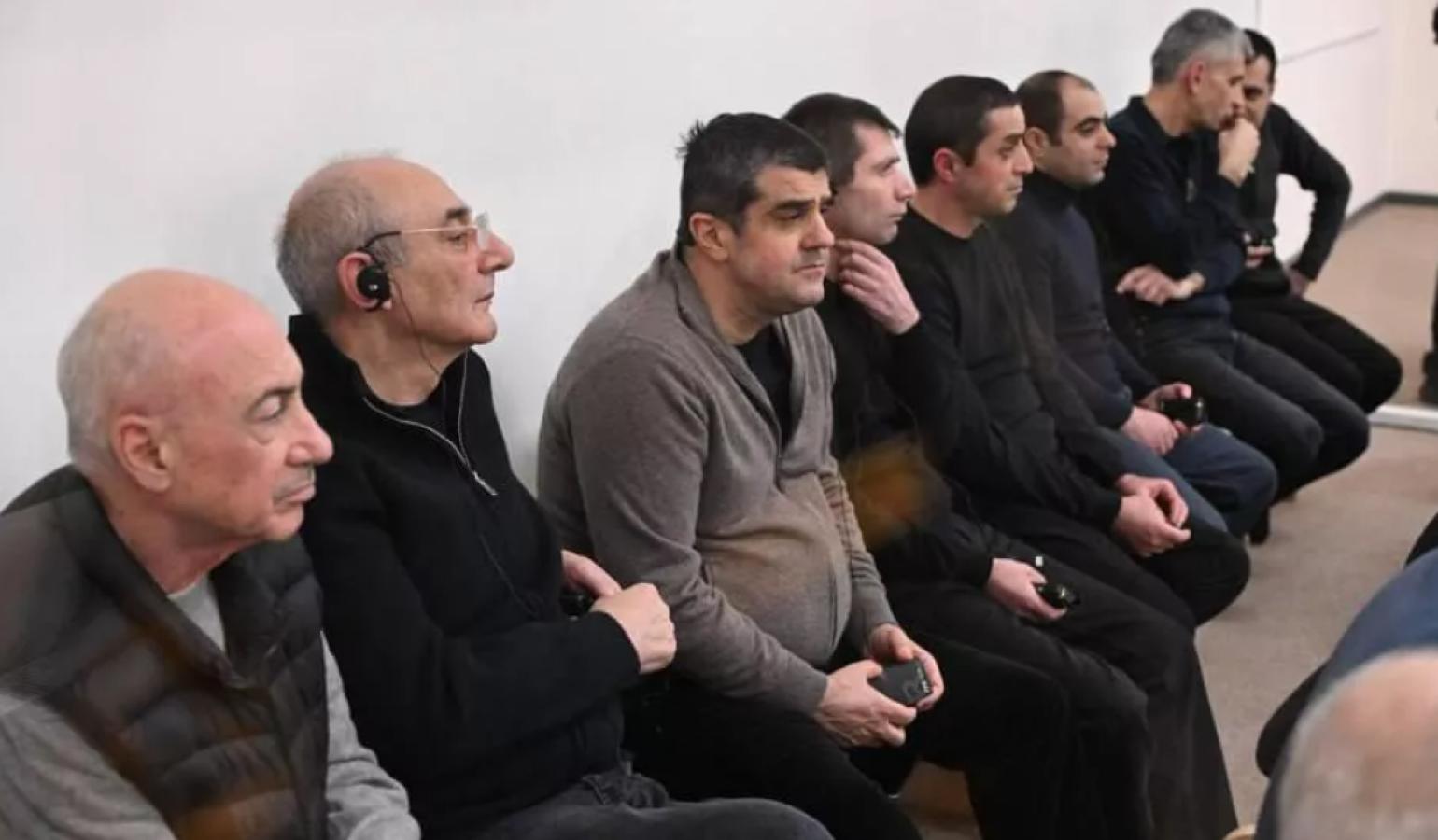
Siranush Sahakyan, head of the Center for International and Comparative Law, answered questions on the "Srbazan Payqar" YouTube platform regarding the trials of Armenian prisoners, Armenia’s complaints against Azerbaijan at the ECHR, political influence on legal processes, and other related topics.
The human rights advocate spoke about the judges presiding over the trials of Artsakh’s military-political leaders and other hostages.
“These trials are being conducted by Azerbaijani judges who are under the pressure of the executive authorities. These judges have been involved in the entire legal chain of persecution against local political prisoners. Moreover, they were born, raised, and educated in an environment of Armenophobia and have developed their own perceptions of the Nagorno-Karabakh conflict. Now, individuals with such backgrounds are attempting to administer justice on issues related to the Nagorno-Karabakh conflict, which is clearly impossible,” said Sahakyan.
Speaking about Armenia’s steps toward the return of Artsakh’s former military-political leadership and the possible mechanisms for their repatriation, Sahakyan stated that Armenia has raised the issue of the former leaders’ rights violations in its fourth interstate complaint.
“At the moment, Armenia has four complaints against Azerbaijan at the ECHR. The fourth complaint concerns the blockade of the Lachin Corridor, the resulting humanitarian and human rights violations, the 2023 aggression, and the forced displacement that led to the arrests of Artsakh’s former and current leaders. This complaint addresses a wide range of issues, including forced displacement and the dispossession of hundreds of thousands of people. It also raises legal and political questions such as the right to return and the protection of the identity of Artsakh Armenians. Given its complexity, the examination of this case could take years,” said Sahakyan.
She added that their aim was to present a separate complaint for eight individuals, focusing on specific human rights violations, to expedite a judicial ruling on the matter. “For political reasons, Armenia did not file a fifth complaint specifically concerning the rights violations of these individuals but instead included the issue within the fourth complaint. This approach implies a prolonged review process, which, in turn, creates greater opportunities for Azerbaijan to engage in political bargaining.”
The families of two hostages held in Baku have appealed to the UN Human Rights Council’s Working Group on Arbitrary Detention. One of them is the family of Ruben Vardanyan, while the second family has chosen to refrain from making public statements. No individual legal steps have been taken regarding the other six hostages.
“A separate process has also been initiated by all the families within the UN Human Rights Council, which serves as a mechanism for responding to systematic, systemic, and gross violations. The families of 23 Armenian hostages, acting in coordination, have submitted such claims regarding arbitrary deprivation of liberty. While there has been no progress in this regard yet, some response from the Human Rights Council can be expected in the future,” said Sahakyan.
Sahakyan assesses the possibility of Armenia withdrawing its claims against Azerbaijan in international courts as quite high, as Azerbaijan understands that it will not be able to withstand legal challenges and, in the end, will face judicial rulings against it. These rulings could be pivotal in the relations between Azerbaijan, Artsakh, and Armenia, providing future generations with legal tools for the fight for the right to self-determination.
"Meanwhile, Azerbaijan wants to definitively close the chapter on Artsakh, and it has done so through political and military means. Therefore, it must not allow the issue to be revived through legal means. This is an extremely important issue for Azerbaijan," said Sahakyan.